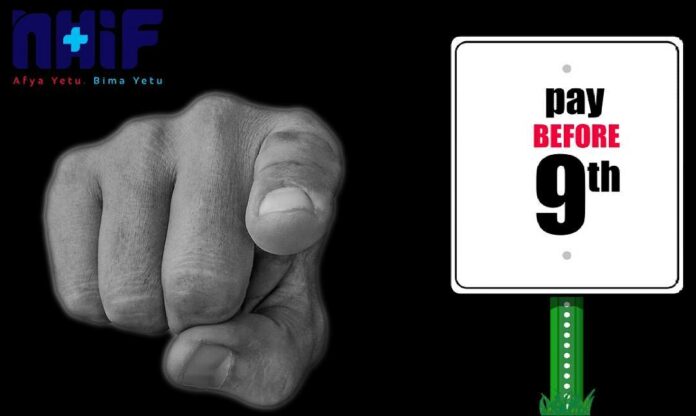NHIF Monthly Payment: The National Hospital Insurance Fund (NHIF) will collapse within two years unless the proposed punitive rates that caused a national uproar in January are implemented.
NHIF hits Kenyans with new punitive rules
This is according to a report by the Health Financing Reforms Expert Panel (Hefrep), which Health Cabinet Secretary Sicily Kariuki set up to transform and reposition the NHIF task force.
The report says that with the current revenues, the NHIF will no longer be able to provide services beyond the next two years.
“The report that was shared with the National Assembly’s health committee indicates the panel raised concern that if the revenues of the fund remain the same, then it might not be tenable for them to continue offering services in the next two years,” says a report that appeared in the Daily Nation on Monday.
Richest Women in Kenya: Meet Kenya’s millionaire women doctors
The report in the DN further said the panel confirmed that NHIF may start running deficits from as early as this year.
“Several county schemes also default on their premium payments. Given the trend in growth in premiums and claims, when future revenues and claims for the county schemes are projected, claims will outstrip revenues by 2026 making the county schemes unsustainable,” the panel indicated in the report.
The report in the DN further said that the national insurer’s administrative costs remain way too high, which also reflects inefficiencies in the system.
“The main expenditure contributing to administrative costs is staff costs, comprising 54 per cent in 2017/18. Others are advertising and publicity (24 per cent), travel and accommodation (10 per cent), medical expenses (10 per cent) and transport expenses (six per cent),” the DN reported.
Acting NHIF Chief Executive Officer Nicodemus Odongo said that the prematurely leaked in the public domain had resulted in public outcry leading to the presidential directive to suspend any new rates.
The panel also recommended that the NHIF transitions from collecting voluntary premiums from the informal sector and the poor and instead adopt tax financing.
“It is clear from the analysis of the NHIF and from international experience that UHC cannot be achieved through a voluntary mechanism. Therefore, the government should allocate funds from general tax revenues to the NHIF to cover the poor and the informal sector, while the formal sector will continue to make mandatory contributions to the NHIF,” the report on the NHIF monthly payment says.









Nhif has become unreliable,why no approval kwani pesa ni ya mama yenu